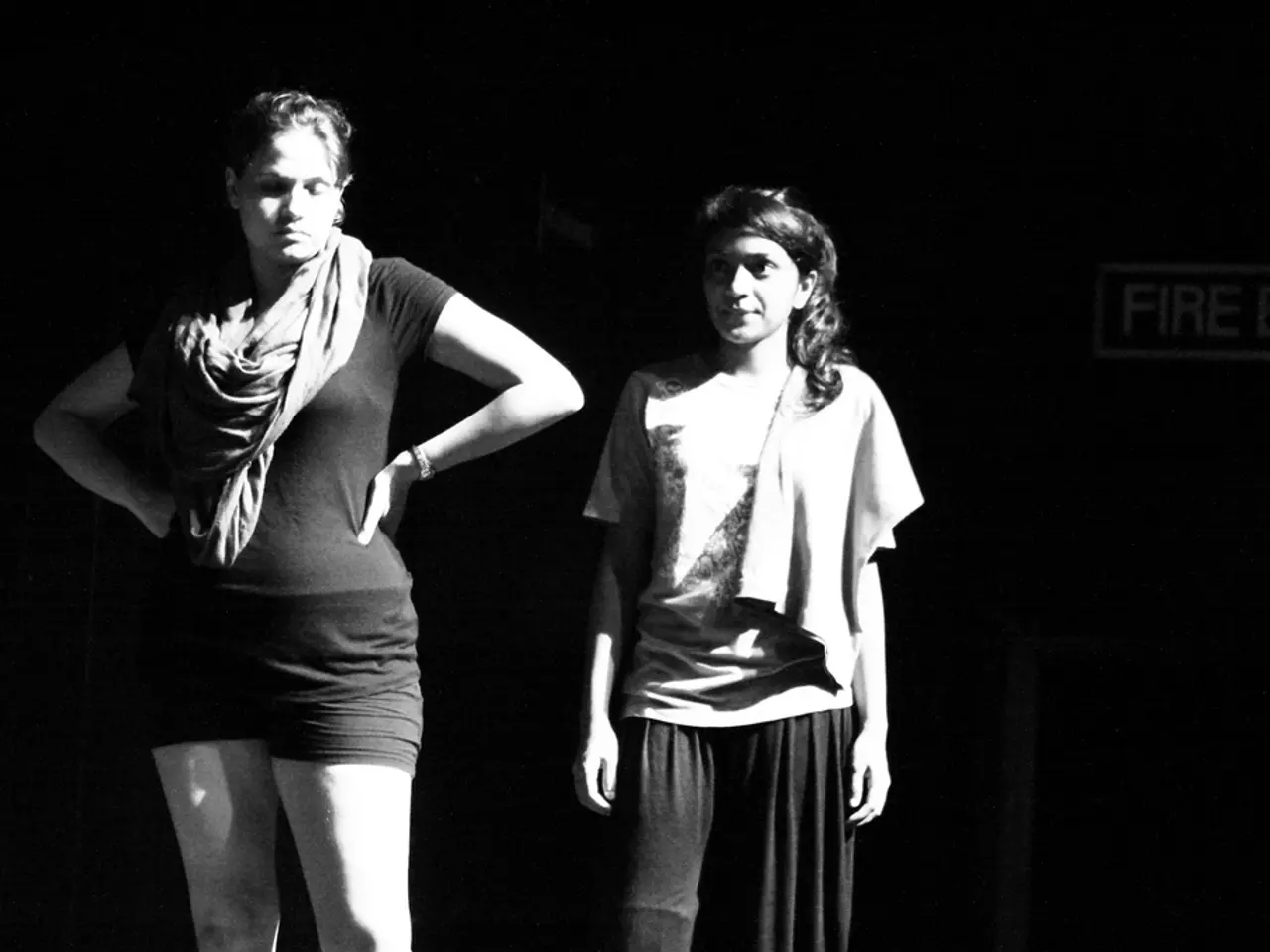Development Financing Needs to Take Women's Perspectives Into Account
In the ongoing pursuit of gender equality, a significant challenge lies in closing the gender pay gap, which is currently projected to take 134 years to close at the current rate of progress. This stark reality underscores the urgency to invest in women and girls, a call that resonates louder than ever.
The lack of representation in leadership roles is another glaring issue. In 2023, only 26 countries had female finance ministers, and the number of central banks led by women was a mere 23. This scarcity extends to international financial institutions, where many have never had a woman at the helm.
The Fourth International Conference on Financing for Development (FfD4) has recognised these challenges and has outlined several key initiatives and strategies to increase women's access to finance, enhance labour force participation, and promote gender equality within international financial institutions and developing economies.
One such initiative is the promotion of gender-responsive budgeting and taxation, aligned with national strategies and priorities. This involves developing methodologies and capacity to design, monitor, and evaluate budgets with a gender perspective, addressing biases within tax systems.
Another initiative is the strengthening of inclusive and disaggregated data systems. By collecting, analysing, and disseminating gender data disaggregated by income, sex, age, and other relevant factors, reliable gender data can be used to track progress, guide investments, and enforce accountability for gender equality and women's empowerment.
The FfD4 outcome document also advocates for debt justice and sustainable financing to free fiscal space in developing countries. For example, reducing debt servicing burdens could unlock substantial funds for education, particularly benefiting girls' schooling and strengthening women's economic opportunities in the long run.
The commitment to gender-responsive finance measures, recognition of unpaid care work, and addressing gender-based violence are also integral parts of the broader rights-based, equitable financing systems. The outcome document supports progressive tax systems and policies to create a human rights economy that advances women's rights.
Efforts to promote national ownership and accountability for gender equality financing are also backed by initiatives like the Clearinghouse for Financing Development Data, which tracks gender data funding flows to identify gaps in support for women's economic empowerment.
The FfD4 outcome document includes commitments to gender equality and the empowerment of all women and girls, including through poverty eradication, female entrepreneurship, and equal access to financial services. If properly compensated, the time spent on unpaid care work by women would add at least $10.8 trillion per year to the global economy.
However, the development community must address the structural barriers women face head-on, at FfD4 and beyond. The total finance gap for women-led micro, small, and medium-sized enterprises is an estimated US$1.7 trillion. Women running medium-sized enterprises struggle to access venture capital and working capital.
The Debt Relief for a Green and Inclusive Recovery Project, aimed at promoting gender equality and women's empowerment, including through poverty eradication, female entrepreneurship, and equal access to financial services, is a step in the right direction. GWL Voices, a group involved in the project, is led by María Fernanda Espinosa, a former foreign minister of Ecuador and a former president of the UN General Assembly.
Anita Bhatia, a member of GWL Voices, is a former deputy executive director of UN Women and a former UN assistant secretary-general. These influential women are at the forefront of the fight for gender equality, working tirelessly to ensure that the time to invest in women and girls is now.
Despite the progress made, there is still a long way to go. Only 5% of official development assistance (ODA) goes toward programs with gender equality as the principal objective. The development community must continue to address these challenges and work towards a future where gender equality is not just a goal, but a reality.
[1] FfD4 Outcome Document, 2024. [2] World Bank, 2023. [3] United Nations, 2023.
- Integrating gender-responsive budgeting and taxation, as outlined in the FfD4 Outcome Document, aims to address biases within financial systems, aligning with national strategies and priorities, and promoting gender equality.
- The strengthening of inclusive and disaggregated data systems, advocated by the FfD4 outcome document, will enable the collection, analysis, and dissemination of reliable gender data, helping to guide investments and track progress towards gender equality and women's empowerment.
- The Debt Relief for a Green and Inclusive Recovery Project, focused on promoting gender equality and women's empowerment, aligns with the objectives of improving female entrepreneurship, equal access to financial services, and addressing the finance gap for women-led businesses.




